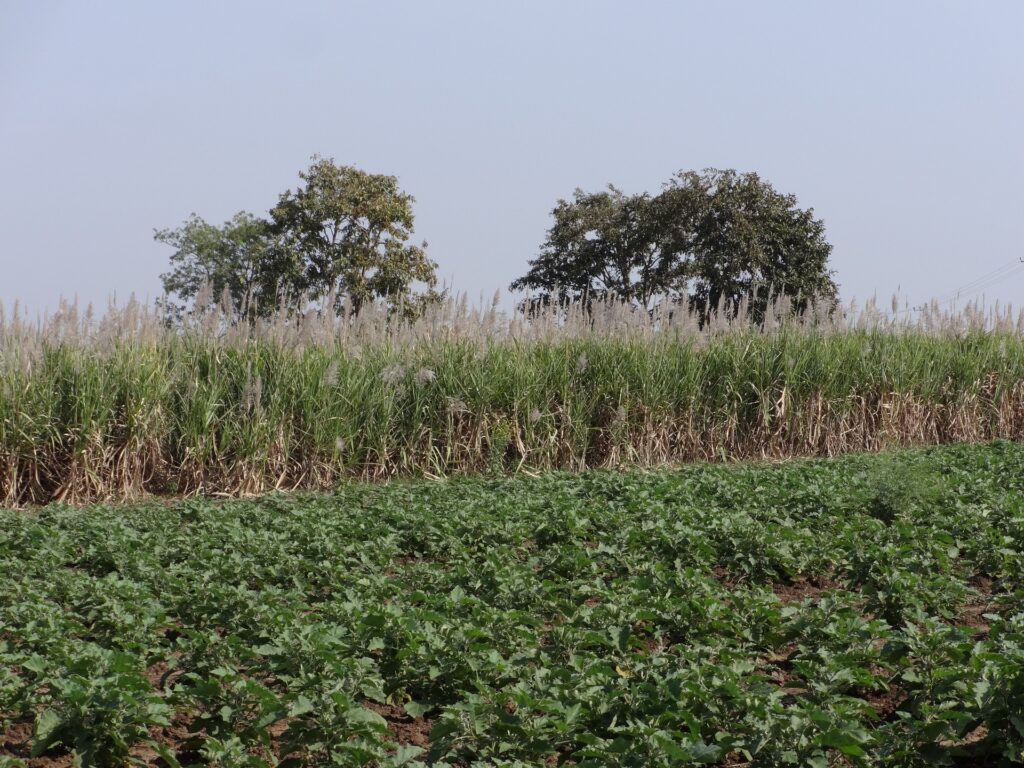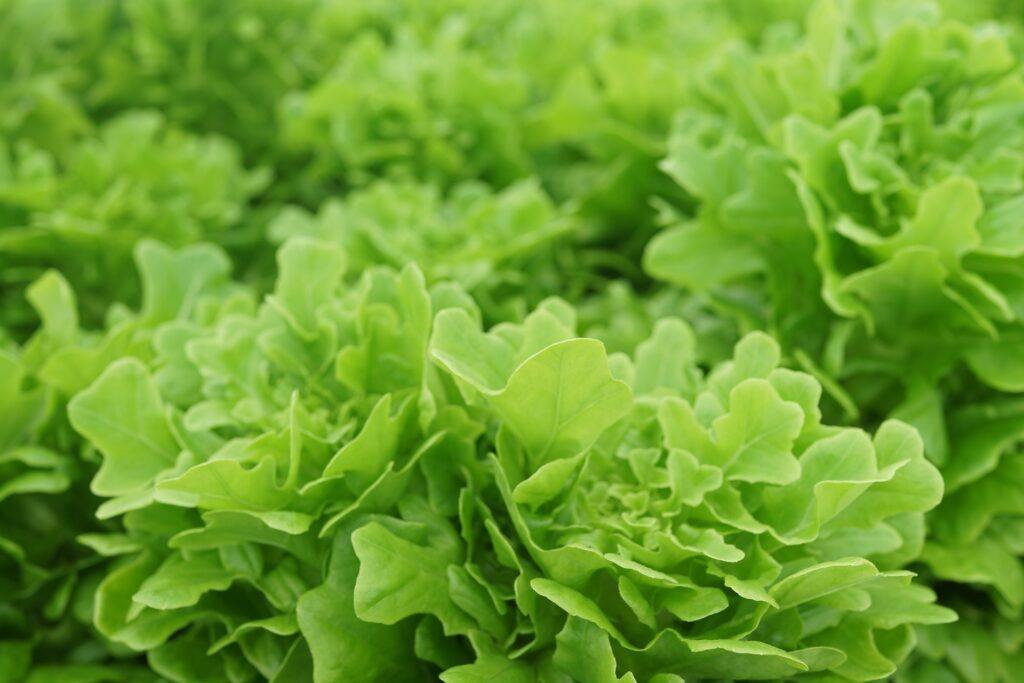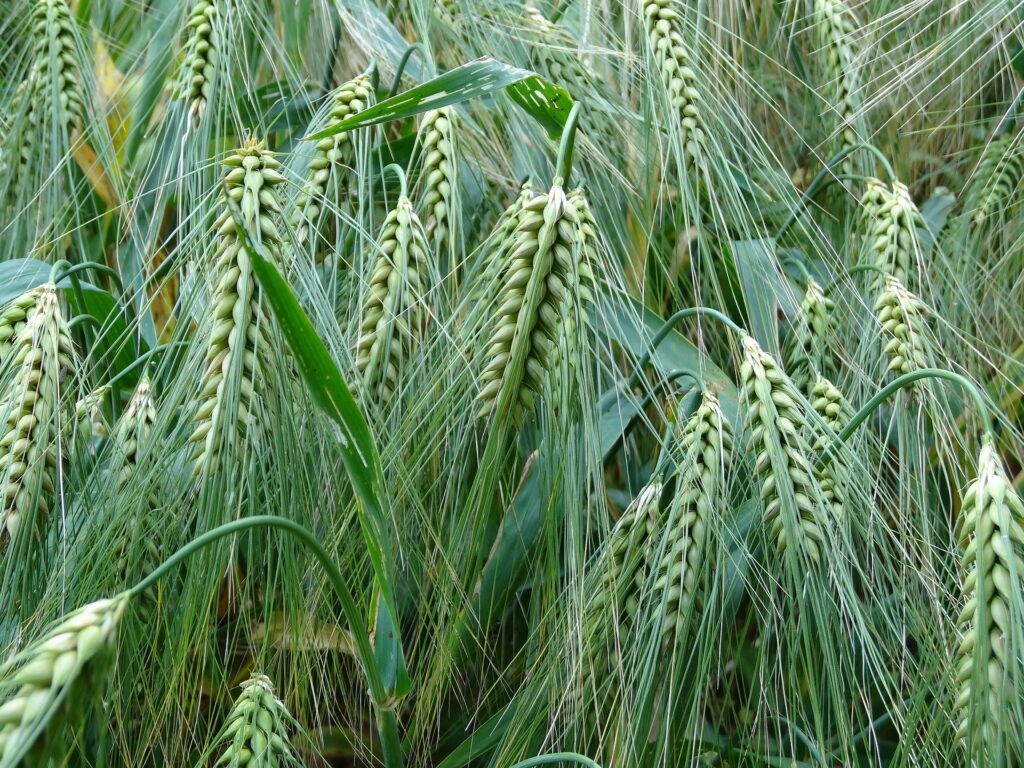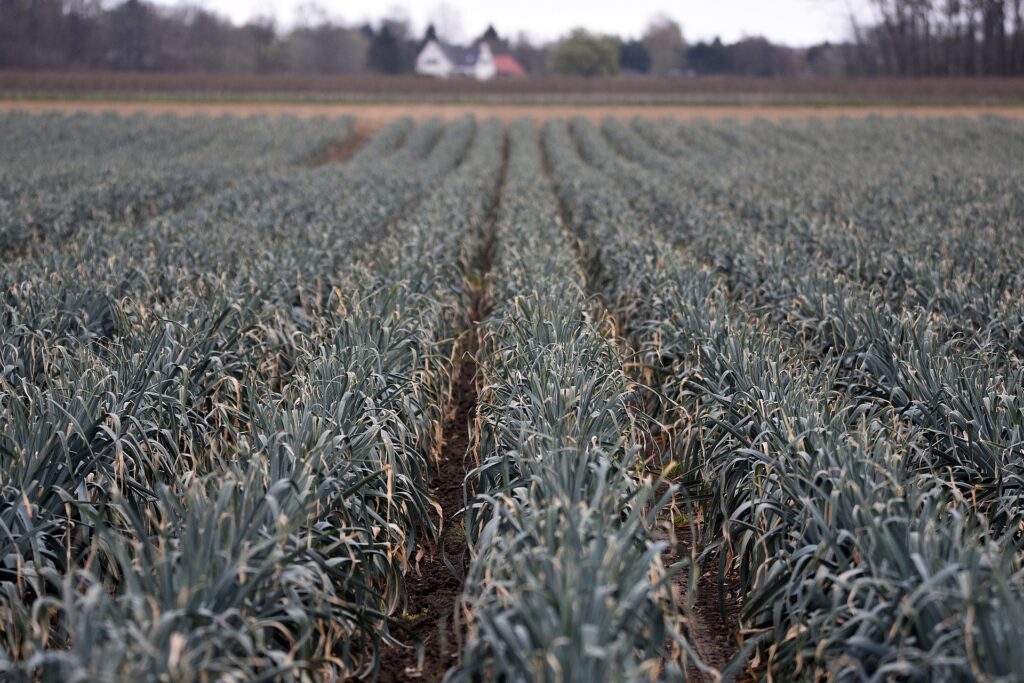Agriculture is the backbone of India’s economy, employing nearly half of the country’s workforce and contributing significantly to GDP. However, the sector has faced various challenges, such as declining productivity, climate change, and market volatility. To address these issues and boost agricultural growth, India has developed a range of agricultural services that provide farmers with the necessary support, knowledge, and resources.
Agricultural services include everything from access to finance, market linkages, research and development, technology adoption, extension services, and insurance. These services are designed to enhance productivity, improve resilience, and ensure sustainability in farming practices. This article explores the scope and importance of agricultural services in India, their impact on the farming community, and the challenges and opportunities they present.
Types of Agricultural Services in India

Extension and Advisory Services
Agricultural extension services play a crucial role in transferring knowledge and technology to farmers. These services provide information on modern farming techniques, pest and disease management, soil health, water conservation, and climate-resilient agriculture. The aim is to help farmers adopt best practices that enhance crop yields and improve overall farm management.
In India, extension services are offered by both government agencies and private organizations. Krishi Vigyan Kendras (KVKs), set up by the Indian Council of Agricultural Research (ICAR), serve as knowledge hubs at the district level, providing on-the-ground training and demonstrations. Digital platforms and mobile apps have also become important tools for delivering real-time advisory services to farmers.
Input Supply Services
One of the most critical components of agricultural services is the provision of high-quality inputs such as seeds, fertilizers, pesticides, and equipment. Access to certified seeds of high-yielding and climate-resilient varieties is essential for improving productivity. Similarly, the use of appropriate fertilizers and organic alternatives ensures sustainable soil health management.
Government programs like the Soil Health Card Scheme and Pradhan Mantri Krishi Sinchayee Yojana (PMKSY) help farmers make informed decisions regarding input use and water management. Private companies, cooperatives, and startups also provide inputs through innovative delivery models that make products affordable and accessible.
Financial Services and Credit
Access to affordable credit and financial services is critical for Indian farmers, many of whom rely on loans to purchase inputs and machinery, manage working capital, or invest in infrastructure. The Indian government, through schemes like Kisan Credit Card (KCC), provides credit at subsidized interest rates. This allows farmers to access short-term and long-term loans without falling prey to informal moneylenders who charge high-interest rates.
Microfinance institutions (MFIs) and agricultural cooperatives are also key players in providing financial services to smallholder farmers. In recent years, FinTech companies and digital lending platforms have emerged, making financial services more accessible and transparent through the use of technology.

Market Access and Information Services
One of the main challenges Indian farmers face is access to reliable and profitable markets. Agricultural services that facilitate market linkages help farmers sell their produce at competitive prices and reduce the dependency on middlemen. Platforms such as the National Agriculture Market (e-NAM), an electronic trading platform, allow farmers to sell their produce directly to buyers across India, ensuring better price discovery and transparency.
Information on market prices, demand trends, and quality standards is also essential for farmers to make informed marketing decisions. Several mobile apps and websites now provide this information in real-time, helping farmers plan their crop cycles and choose the right time to sell their produce.
Insurance and Risk Management Services
Agriculture in India is vulnerable to risks such as droughts, floods, pests, and diseases, which can lead to crop losses and financial distress. Agricultural insurance services provide a safety net for farmers, protecting them from these risks. The Pradhan Mantri Fasal Bima Yojana (PMFBY) is a government-sponsored crop insurance scheme that covers farmers against crop losses due to natural calamities, pests, and diseases.
Additionally, weather-based insurance schemes and livestock insurance programs are available to farmers, offering coverage for weather-related risks and animal health. Insurance companies and cooperatives are working to increase awareness about the benefits of these services and encourage more farmers to adopt insurance products.
Research and Development Services
Agricultural research and development (R&D) is essential for driving innovation and developing new technologies, seeds, and farming techniques. In India, institutions like ICAR and various agricultural universities are at the forefront of R&D efforts, focusing on crop improvement, pest and disease control, and sustainable farming practices.
Research services have led to the development of high-yielding and climate-resilient crop varieties, precision farming tools, and biotechnology applications that enhance farm productivity and reduce the environmental impact of agriculture. Collaboration between public research institutions and private companies is helping to accelerate the adoption of these innovations at the farm level.
Digital and Technological Services
The digital revolution in agriculture, often referred to as “AgriTech,” has transformed how farmers access information, manage their farms, and sell their produce. Digital platforms and apps provide services ranging from weather forecasts and market prices to soil testing and input recommendations.
Technologies such as precision farming, drones, and remote sensing enable farmers to monitor their fields, optimize input use, and increase efficiency. Startups in the AgriTech sector are using artificial intelligence (AI), machine learning (ML), and blockchain to offer services such as crop disease detection, supply chain management, and traceability solutions. The Indian government has also launched initiatives like Digital India and Farmer Producer Organizations (FPOs) to support the digital transformation of agriculture.
Benefits of Agricultural Services in India

Improved Productivity and Sustainability
Agricultural services help farmers adopt modern and sustainable farming practices, leading to improved productivity and environmental conservation. By providing access to better inputs, technology, and knowledge, these services help farmers produce more with fewer resources, reducing the environmental footprint of farming.
Increased Income and Livelihood Security
Market access, financial services, and insurance provide farmers with a stable income and protect them from the uncertainties of farming. By facilitating direct sales, improving price discovery, and reducing post-harvest losses, agricultural services help farmers maximize their profits and reduce their dependency on intermediaries.
Empowerment of Smallholder Farmers
Most Indian farmers are smallholders with limited resources. Agricultural services provide them with the tools and knowledge they need to improve their farming practices, access credit, and market their produce effectively. The formation of FPOs has been instrumental in empowering smallholder farmers, enabling them to leverage economies of scale and negotiate better prices for their produce.
Adaptation to Climate Change
Climate change poses significant risks to Indian agriculture, with increasing instances of erratic rainfall, droughts, and floods. Agricultural services focused on climate-resilient practices, such as drought-tolerant crop varieties, water management, and agroforestry, help farmers adapt to these changing conditions and build resilience against future climate risks.
Knowledge Dissemination and Capacity Building
Extension and advisory services, along with R&D initiatives, are critical in disseminating knowledge to farmers. Through training programs, field demonstrations, and digital platforms, farmers learn about the latest technologies and best practices, improving their decision-making and farm management skills.
Challenges Facing Agricultural Services in India

Limited Awareness and Access
Despite the availability of a wide range of agricultural services, many farmers, particularly those in remote areas, are unaware of these services or lack access to them. Poor infrastructure, lack of digital literacy, and limited penetration of internet services in rural areas restrict farmers’ ability to benefit from digital platforms and AgriTech solutions.
Fragmented Service Delivery
Agricultural services in India are often fragmented, with multiple agencies, organizations, and companies providing services that are not well-coordinated. This can create confusion among farmers and lead to inefficiencies in service delivery. Better integration and coordination between government, private sector, and civil society organizations are needed to streamline service delivery.
Cost and Affordability
Many smallholder farmers find it difficult to afford high-quality inputs, advanced technologies, and insurance premiums. While government schemes and subsidies help reduce costs, there is a need for more affordable and accessible services, particularly for marginal and resource-poor farmers.
Data Privacy and Security Concerns
With the increasing use of digital services in agriculture, concerns over data privacy and security have emerged. Farmers’ data, including information on land holdings, yields, and market transactions, needs to be protected to ensure that it is not misused or exploited by third parties.

Conclusion
Agricultural services in India are crucial for driving growth, improving sustainability, and enhancing the livelihoods of farmers. With the right mix of extension services, financial support, market access, and technology, these services help farmers overcome challenges and unlock new opportunities.
The future of Indian agriculture lies in the successful integration of these services, particularly through the use of digital and technological innovations. However, for agricultural services to reach their full potential, efforts must be made to increase awareness, improve accessibility, and ensure affordability for all farmers, especially smallholders.
As India continues to modernize its agricultural sector, agricultural services will play a pivotal role in ensuring food security, improving rural livelihoods, and building a resilient and sustainable agricultural system.